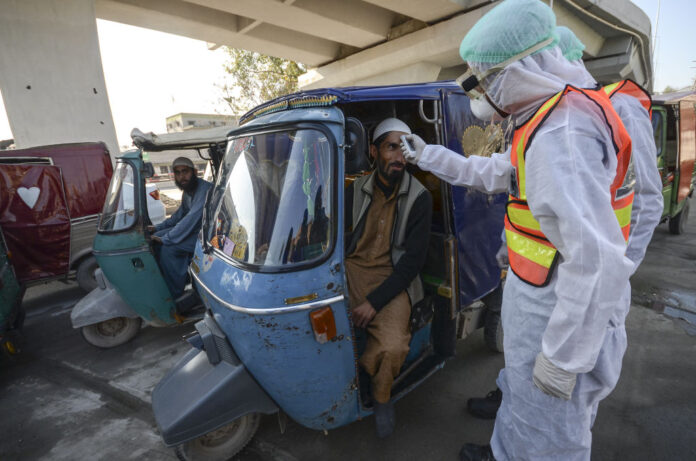ISLAMABAD: A World Bank report has revealed that the implementation of the ‘Pandemic Response Effectiveness in Pakistan’ has been significantly delayed due to the pending PC-I issue.
The project was aimed at preparing and responding to the Covid-19 pandemic in the country, besides strengthening national system for public health preparedness.
As per the details, following the instructions issued by the Economic Affairs Division (EAD), federal and provincial PC-1s were prepared for the health component of the project. However, due to a significant delay in their approval process, implementation has been on a pause, according to the implementation status and results report released by the bank on November 21.
The World Bank had approved $200 million for the project in April. The hefty package was to help establish quarantine facilities in collaboration with public and private hospitals and also supply equipment to hospitals, including ventilators and Personal Protection Equipment for doctors and paramedics.
Meanwhile, another World Bank report disclosed the grant assistance of $19.85 million for a project, whose objective was to support short- and medium-term response and recovery needs under the Covid-19 pandemic in the education sector, has also not become effective yet, as the same was pending EAD’s signature.
The grant’s PC-1 was approved by the planning commission last month, while its effectiveness was expected shortly, leaving just 12 months for implementation before the grant closing date of November next year.
The project was to strengthen federal and provincial capacity in the education sector to respond to and recover from the Covid-19 crisis in the short-term and lay the foundations for resilience to face future crises, with focus on disadvantaged areas and vulnerable populations.




